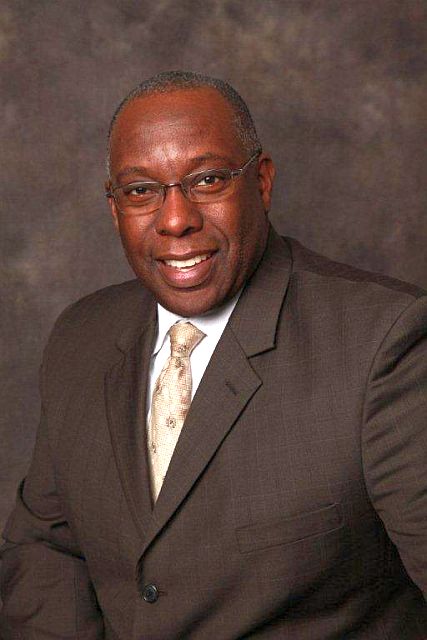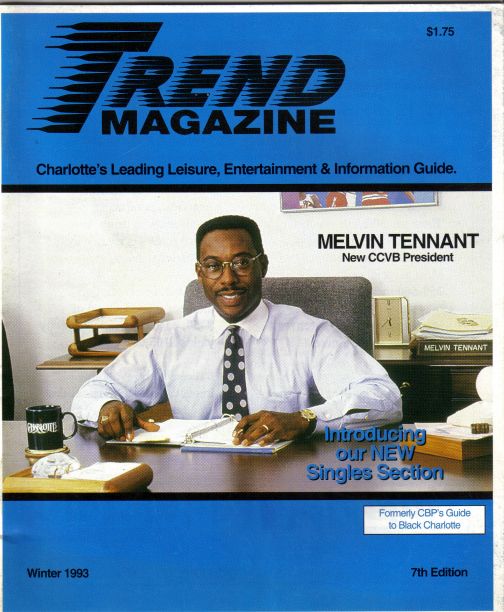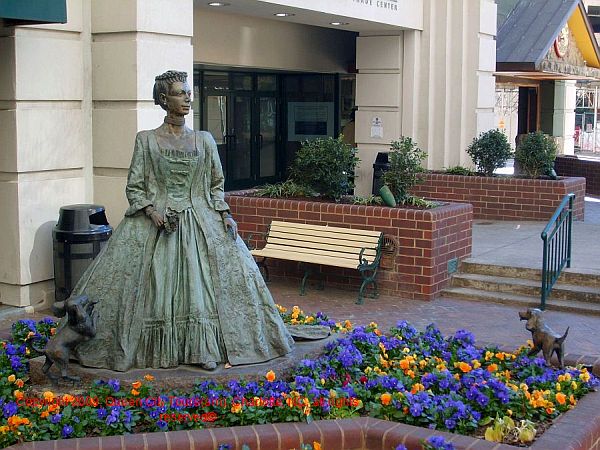Mr. Melvin Tennant was the last of our follow-ups of travel industry professionals featured in our Trend Magazine Online™ 1993 edition. He officially assumed his new role as the President of the Charlotte Convention and Visitors Bureau on August 10, 1992, at the youthful age of 32 years old. I can clearly remember being astonished and somewhat shocked that a person of his age would be chosen to lead the Charlotte bureau, and even more difficult to process was the fact that he was an African-American. Keep in mind that Charlotte was back then -- and still is to a certain degree -- very conservative and traditionally operates under the good ole boy system that is prevalent in the southern United States. I can also remember some of the local Black professionals betting on how long he would last in such a high-profile position given the racial climate in the Queen City at that time. I would liken his selection to my favorite actor’s -- Sidney Poitier -- dilemma in the now classic film In the Heat of the Night that also starred the late Rod Steiger in 1967. The film was later brought to network television from 1988-1994 starring the late Howard Rollins (A Soldier’s Story) and Carroll O’Conner (Archie Bunker), both also my favorite thespians.
Before his selection in Charlotte the only other high profile African-American in the late 20th century had been Harvey Bernard Gantt who served as Mayor of the Queen City from 1983 to 1987. Note: The 19th Century is jammed packed with high-profile African-Americans in every level of government in North Carolina and throughout the southern United States. If you are not already aware of the period of Reconstruction also known as the “Golden Age for Blacks” then I strongly suggest that you contact your local legitimate Black/African-American Heritage Tour™ Company as soon as possible to schedule an educational trip. Mr. Tennant agrees that his hiring in Charlotte, NC, and subsequent challenge was a bit daunting in that he was now to oversee a budget that was twice the size of his former budget while running the Oakland California Convention and Visitors Bureau. According to Black Meetings and Tourism Magazine, his appointment there made him the first African-American bureau head in the United States in 1990. He was, however, prepared for that challenge as a direct result of his experience in other cities that had recently or were planning to build a new convention center like Houston, Texas, he stated.

Melvin, a Bryan Texas native, had little to no time to ponder his newest and greatest challenge to date as Charlotte was riding high on the crest and wave generated by the new NBA Charlotte Hornets and new coliseum in 1988. The Nation’s Bank (Now Bank of America) tower was recently completed; the city was preparing for the NCAA Final Four in 1994, as well as posturing for another bid during the next NFL expansion in 1993. Charlotte lost their first bid to Tampa Bay – the Bucs – and Seattle – the Seahawks – in the early 1970’s. The now deceased (2007) former Charlotte Mayor (1960’s and 1970’s) John Belk – Belk Department Stores – was behind that process. In addition, the former Guide to Black Charlotte was being reborn as Trend Magazine Online™ now Trend Magazine Online™.

I remember sitting in on a meeting at the old Renaissance Hotel building (Now defunct) on North Tryon Street in Uptown Charlotte that introduced Mr. Tennant in 1992. He appeared to be un-daunted and un-phased about his new challenge in the Queen City. He and his team at the bureau went on to do great things for our city like lure the Lott Carey Convention and the Progressive National Baptist Convention in 1995 (President Clinton spoke), the NAACP Convention in 1996, as well as the Square Dancers Convention in 1998, and the National Black Baptist Convention in 2001 which is the largest convention in Charlotte history to date. For that I am truly appreciative because my tour company – Queen City Tours® – was able to supply area tours to each and every convention. I also remember being treated in a most respectful and humane manner when I had concerns about issues relating to business leads. Mr. Tennant would actually allow me to address him and his key staff members in an open and respectful forum to discuss the matters at hand with mutual respect. In fact, I still have a very powerful complimentary letter that he wrote back in May of 1998. I have used that letter over and over again to obtain new business. Unfortunately, the current Charlotte administration has fallen way short of this level of professionalism. As such, I was very sad upon hearing of his untimely departure in 2003.










